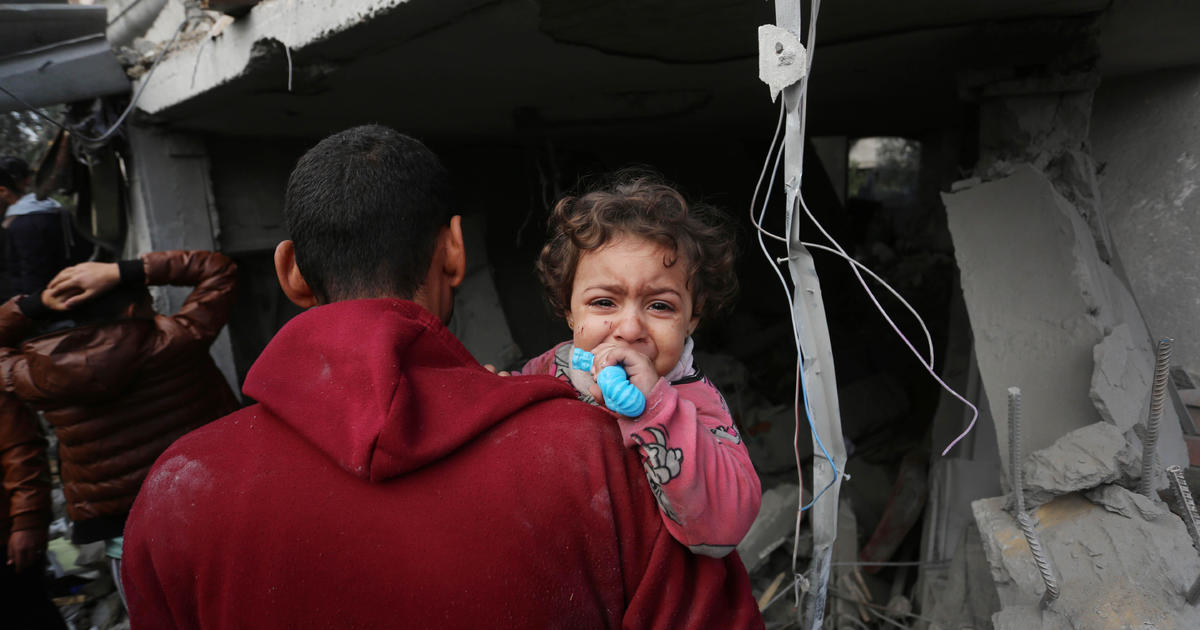
In a tragic turn of events, Israel intensified its attacks on Gaza on Christmas Eve, worsening the already dire conditions for civilians and deepening the ongoing conflict controlled by Hamas. According to the Gaza Health Ministry, the death toll has surpassed 20,000 people in the Palestinian territory. However, these figures remain unconfirmed, as conflicting reports from AFP and Gaza officials present varying counts of casualties.
The Al Maghazi refugee camp became a focal point of the violence, with at least 70 reported deaths from an Israeli airstrike. Gaza officials claimed over 100 casualties in multiple airstrikes, emphasizing the challenging task of independently verifying the toll.
Amidst the turmoil, Christmas observances in Bethlehem, the birthplace of Jesus Christ, were severely impacted, with usually vibrant streets left nearly deserted. Pope Francis used his Christmas address to plead for peace, urging the release of hostages and an end to the devastating war. The Pope expressed deep sorrow for the victims and called for urgent humanitarian aid to address the worsening situation.
Israeli Prime Minister Benjamin Netanyahu acknowledged the heavy toll the war was taking on both sides but emphasized the necessity to continue fighting, foreseeing a prolonged conflict. Efforts for a humanitarian pause in the fighting, mediated by Egypt, showed no imminent agreement.
In a complex development, Egypt proposed an ambitious plan to end the war, involving a ceasefire, phased hostage release, and the establishment of a Palestinian government of experts for Gaza and the West Bank. However, this proposal does not align with Israel's goal of eliminating Hamas and maintaining military control over Gaza post-war, leading to rejection by Hamas and the Islamic Jihad.
The conflict, which erupted when Hamas militants breached Gaza's border in October, has claimed about 1,200 lives, mostly civilians, and resulted in hundreds of hostages. Israel's retaliatory military campaign, including extensive aerial bombardment, has created a dire humanitarian situation, with Gaza facing shortages of water, food, fuel, and medicine.
The war shows no signs of abating, with the Israeli army reporting additional casualties and continued ground, air, and sea operations. Vast areas of Gaza lie in ruins, displacing 80% of its population and leaving them vulnerable to harsh winter conditions. The United Nations and World Health Organization have called for a humanitarian ceasefire to alleviate the suffering and prevent further devastation.
The conflict's impact extends beyond the immediate region, heightening tensions across the Middle East. Cross-border incidents with Hezbollah in Lebanon and expressions of support for Hamas from Iran-backed groups in various countries add to the volatile situation, raising concerns about broader regional instability.



